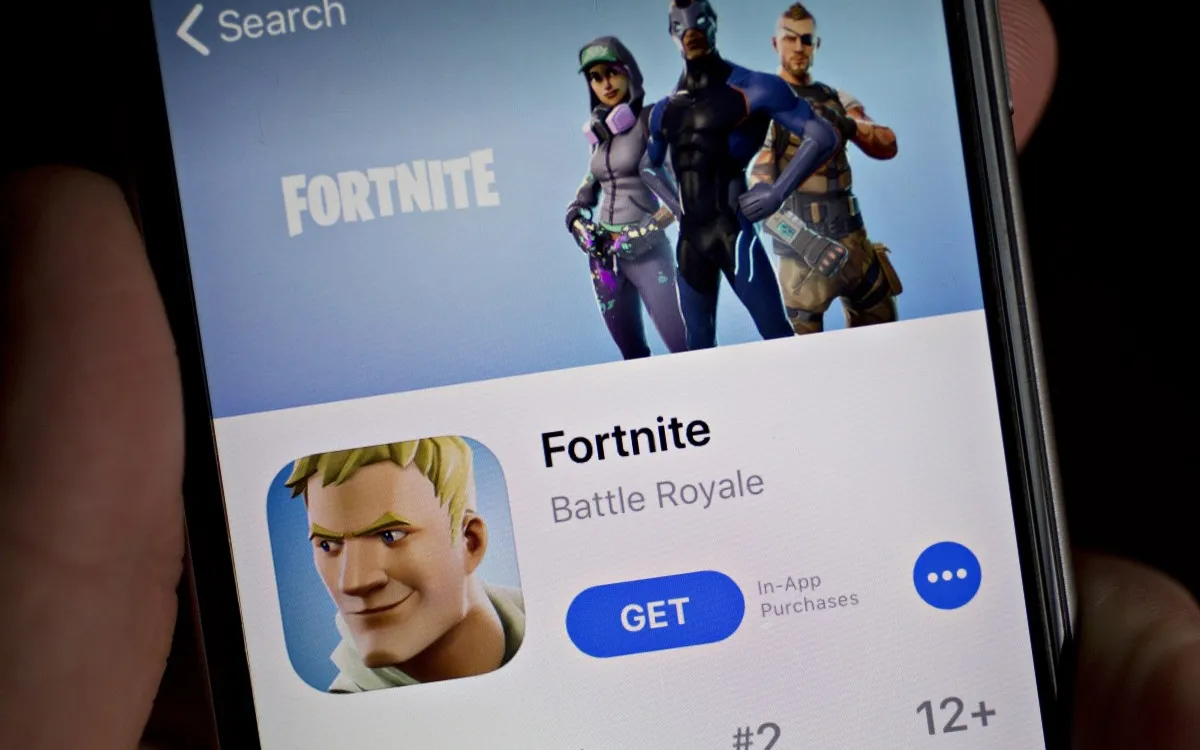
Epic Games is amplifying its efforts to persuade Apple to reinstate its popular game, Fortnite, onto the App Store. In a recent court filing, Epic has urged Judge Yvonne Gonzalez Rogers to mandate that Apple “accept any compliant version of Fortnite onto the U.S. storefront of the App Store.” This move is part of a protracted legal battle between Epic and Apple, primarily revolving around Apple’s App Store policies and the substantial commissions imposed on in-app purchases.
The conflict between Epic Games and Apple has spanned several years, with both companies entrenched in a contentious dispute over App Store policies. Last month, Epic achieved a significant legal victory when Judge Rogers ruled that Apple was in “willful violation” of an injunction concerning anti-competitive pricing. This ruling appears to open the door for Fortnite’s return to the App Store and suggests that developers may soon have the opportunity to offer alternative payment options within their apps.
Despite this ruling, Apple has announced its intention to appeal, complicating the situation further. On Friday, Epic Games indicated that Fortnite would be inaccessible in the U.S. App Store and that the game would not be released on the Epic Games Store in Europe. Epic stated, “Now, sadly, Fortnite on iOS will be offline worldwide until Apple unblocks it.” This statement has been met with contention from Apple.
Apple challenged Epic’s claims, particularly the assertion that it is blocking Fortnite globally. The tech giant clarified that it had advised Epic Sweden to “resubmit the app update without including the U.S. storefront of the App Store so as not to impact Fortnite in other geographies.” This suggests that Apple is attempting to limit the scope of the issue while maintaining its legal stance.
Why is Fortnite being blocked in the United States? Epic disclosed a letter from Mark A. Perry, an attorney for Apple, which stated that “Apple has determined not to take action on the Fortnite app submission until after the Ninth Circuit rules on our pending request for a partial stay of the new injunction.” This indicates that Apple is adopting a cautious approach, waiting for the legal outcomes before proceeding with any app updates.
In its latest court filing, Epic contends that Apple is obstructing its ability to capitalize on the pro-competitive rules that Epic helped advocate for. The company argues that Apple is effectively punishing it by excluding it from the market it has fought diligently to open. Furthermore, this situation sends a clear message to other developers, discouraging them from challenging Apple’s longstanding practices.
As this legal battle continues to unfold, the implications for both Epic Games and Apple are significant, not only for the future of Fortnite but also for the broader landscape of mobile gaming and app distribution.